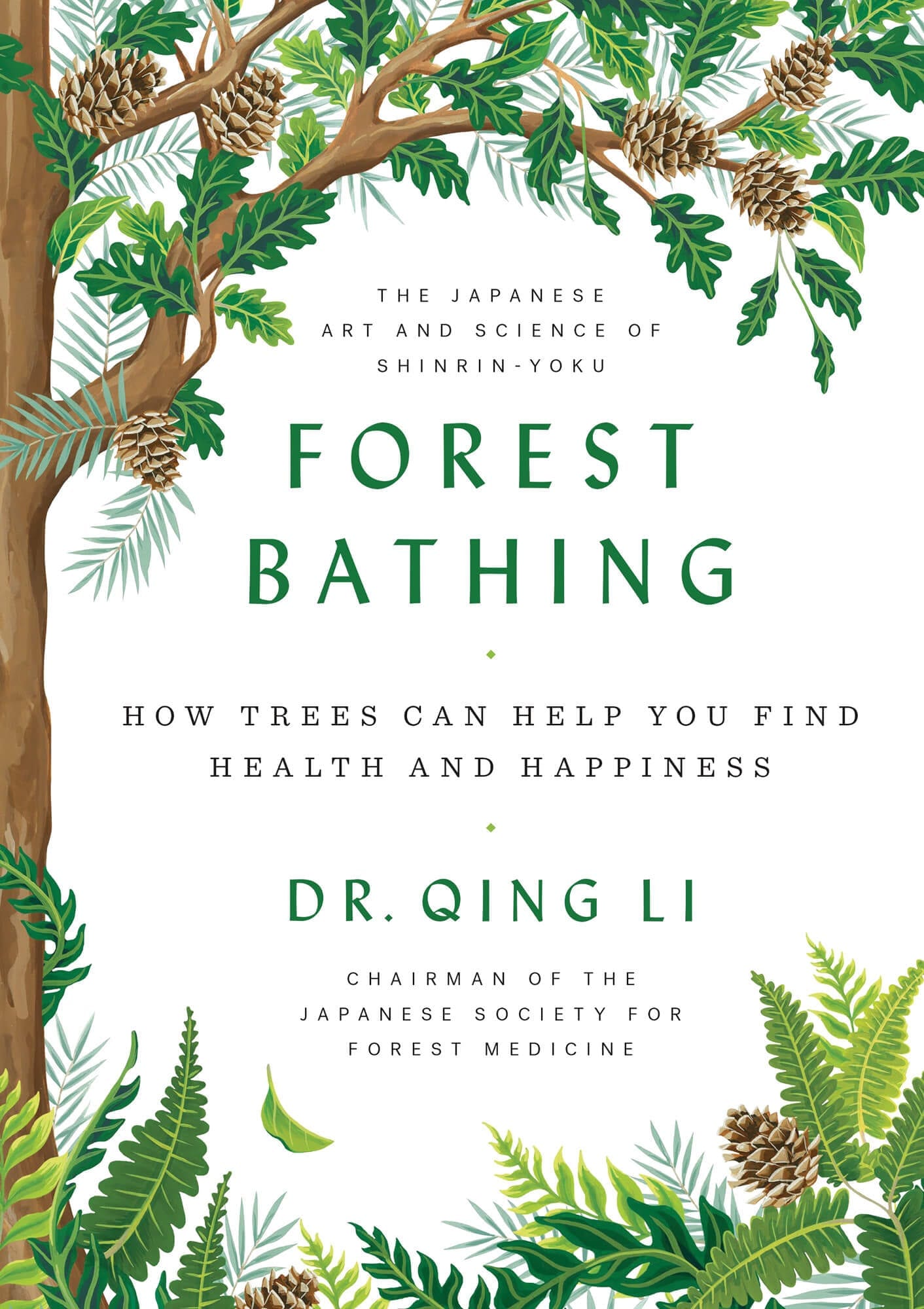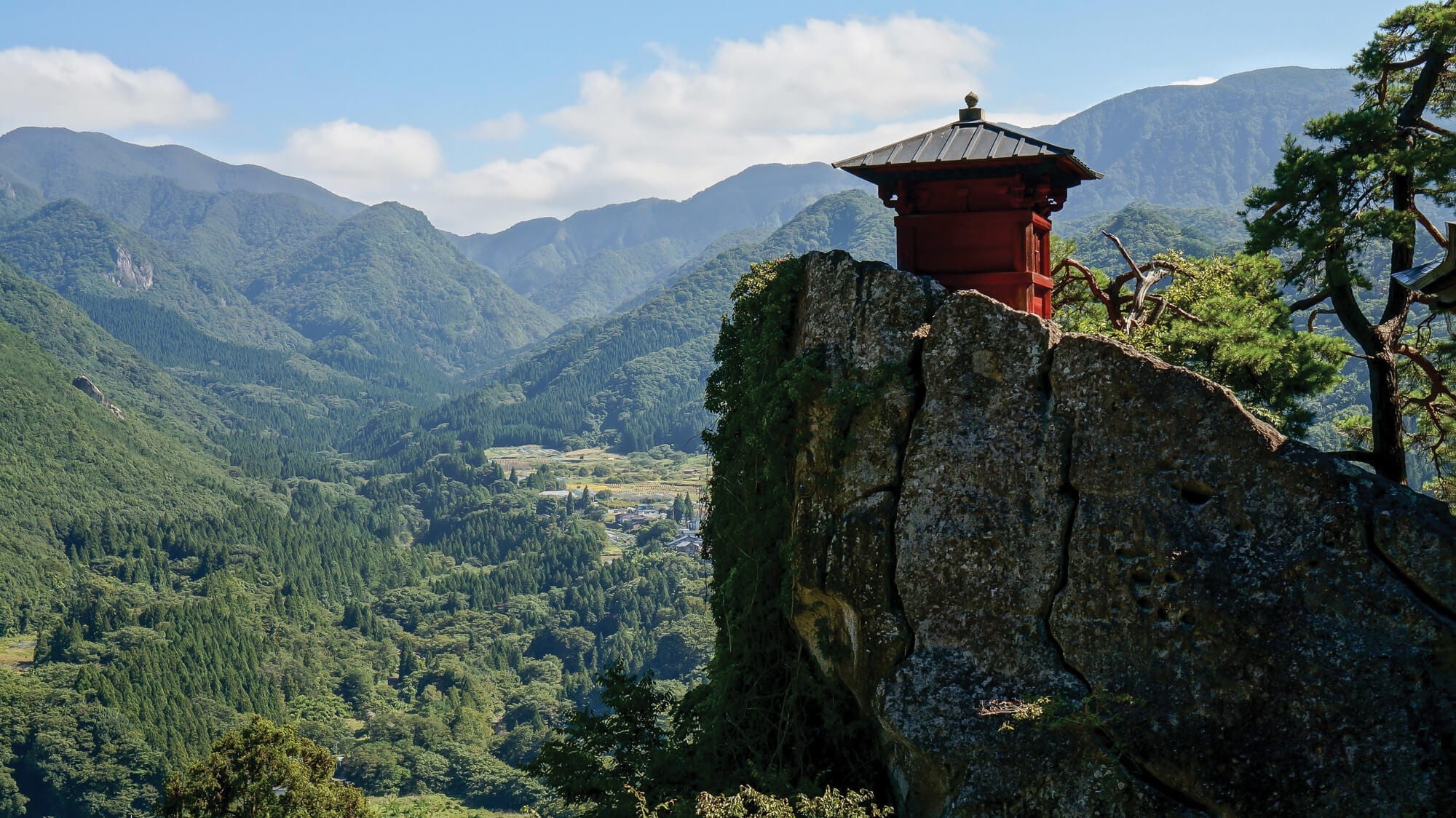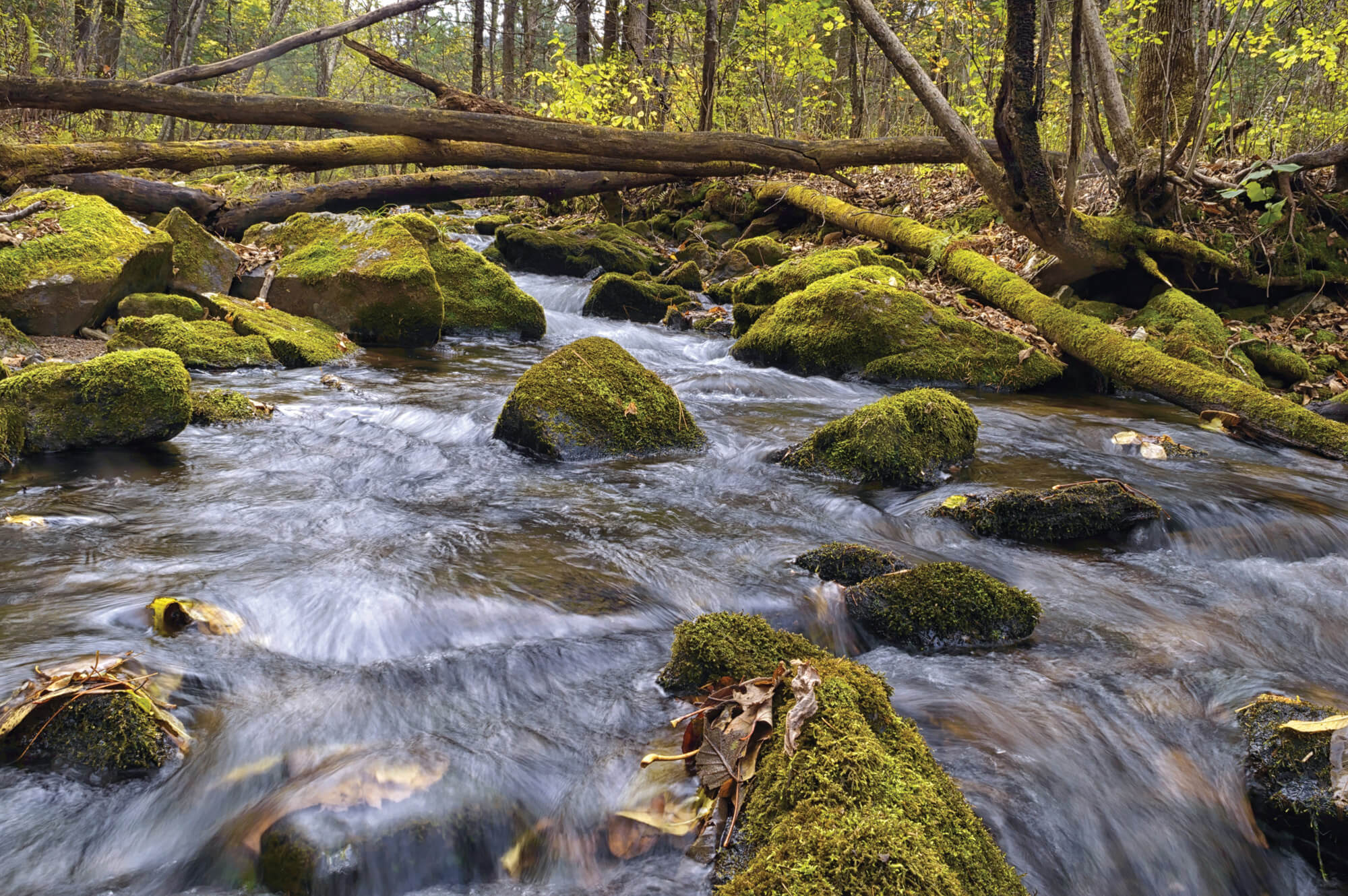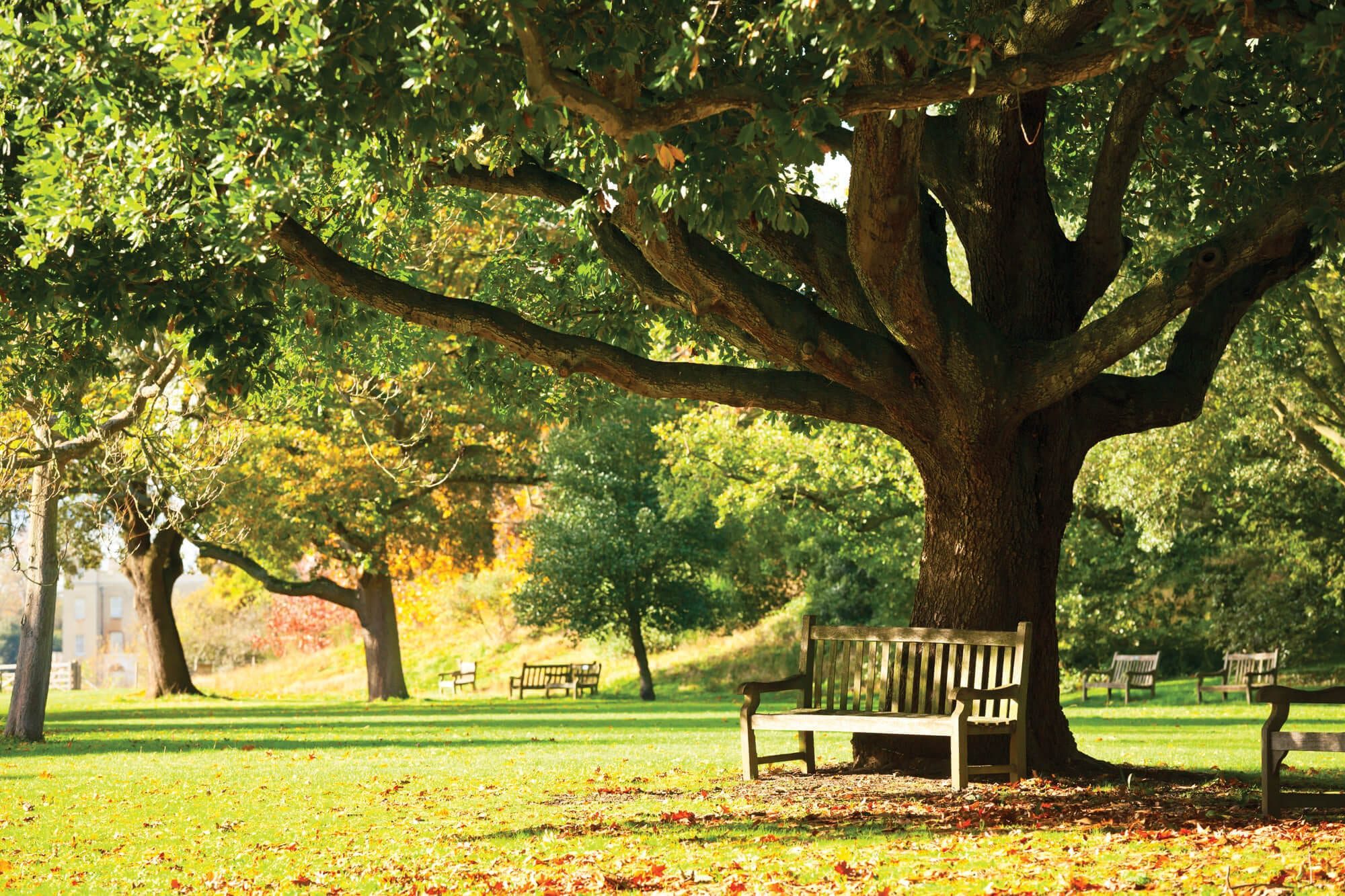The Secret Power of Shinrin-Yoku
The Art and Science of Japanese Forest Bathing
We all know how good being in forests can make us feel. We have known it for millennia. The sounds of the forest, the scent of the trees, the sunlight playing through the leaves, the fresh, clean air in the forests – these things give us a sense of comfort. They ease our stress and worry, help us relax and to think more clearly. Being in forests can restore our mood, give us back our energy and vitality, refresh and rejuvenate us. In Japanese, we have a word for those feelings that are too deep for words: shinrin-yoku or forest bathing.
What is forest bathing/shinrin-yoku
The forest environment has long been enjoyed for its quiet atmosphere, beautiful scenery, calm climate, clean fresh air and special good smell. Empirically, forest environments may reduce stress and have a relaxing effect; therefore, walking in forests may have beneficial effects on human health. In Japan, a national health program for forest-bathing or shinrin-yoku was introduced in 1982 by the Japanese Forest Agency for the stress management of workers. Shinrin in Japanese means ‘forest’, and yoku means ‘bath’. Thus, shinrin-yoku means bathing in the forest atmosphere or taking in the forest through our senses. This is not exercise, or hiking, or jogging. It is simply being in nature, connecting with it through our sense of sight, hearing, taste, smell and touch. In 2005, I conducted the first forest bathing study in Iiyama, Ngano prefecture in Japan and the terms of forest bathing and shinrin-yoku in English were first scientifically named and defined by me in this study. Because forests occupy 67% of the land in Japan, forest bathing is easily accessible. Forest bathing (shinrin-yoku) is like a bridge. By opening our senses, it bridges the gap between us and the natural world.

In Japanese, shinrin means ‘forests’ and yoku means ‘bath’. In Korean, forest bathing is called salim yok.
Why is shinrin-yoku necessary?
In 1984, the word ‘technostress’ was coined to describe unhealthy behavior around new technology. Technostress can arise from all manner of everyday usage, like checking your phone constantly, compulsively sharing updates and feeling that you need to be continually connected. Symptoms run from anxiety, headaches, depression, mental fatigue, eye and neck strain to insomnia, frustration, irritability and loss of temper. Since the year 2000, we have officially become an urban species. The urban population worldwide grew from just 746 million in 1950 to 3.9 billion in 2014, according to the United Nations Population Division. By 2050, 75% of the world’s projected 9 billion population will live in cities. In Japan, rates of cancer and lifestyle-related diseases such as heart disease, diabetes, cerebrovascular disease and hypertension are increasing. According to the Ministry of Health, Labour and Welfare of Japan, the percentage of workers with anxiety and stress was more than 50% in 1982, 62.8% in 1997, 58% in 2007, and 60.9 in 2012, suggesting a major mental health problem. Moreover, according to the National Police Agency of Japan, more than 30,000 people have committed suicide every year since 1998; in 2007, there were 33,093 reported suicides, 14,684 of which were due to health problems including 6,060 due to depression. There is also the phenomenon known as karoshi, or death from overwork in Japan. Therefore, the health management of workers, especially in relation to stress-related diseases, has become a major social issue and an effective new method for prevention of diseases is needed. It is urgent to establish preventive measures against stress and lifestyle-related diseases; however, effective prevention methods have not been established.

From a feeling to a science
Although a national health program for shinrin-yoku began to be introduced in 1982 by the Japanese Forest Agency, there has not been sufficient medical evidence supporting the beneficial effects of forest bathing due to technical limitations regarding measurements, and evidence-based evaluations. A therapeutic menu of forest bathing benefits then came into demand. Against this background, the Japanese Society of Forest Therapy was established in 2004 for conducting the evidence-based research on the effects of forest environments on human health. The Ministry of Agriculture, Forestry and Fisheries of Japan initiated a research project in 2004 to investigate the therapeutic effects of forests on human health from a scientific perspective. I was invited as a main member in the project. Since 2004, I have conducted serial studies to investigate the effects of shinrin-yoku on human health. I have collected a vast amount of data, proving that forest bathing promotes both physical and mental health by reducing stress.

- Shinrin-yoku can increase human natural killer (NK) activity and the number of NK cells and the intracellular levels of anti-cancer proteins, such as perforin, granzymes and granulysin. The increased NK activity and anti-cancer proteins last for more than 7 days, even up to 30 days. This suggests that if people do shinrin-yoku once a month, they may be able to maintain a higher level of NK activity. This is very important in terms of health promotion and preventive medicine. NK cells are immune cells and play an important role in defense against bacteria, viruses and tumors. People with higher NK activity showed a lower incidence of cancers, whereas people with lower NK activity showed a higher incidence of cancers, indicating the importance of NK cell function on cancer prevention. Therefore, it suggests that forest bathing may have preventive effects again cancers.
- Shinrin-yoku can reduce stress hormones, such as adrenaline, noradrenaline and cortisol and may contribute to stress management.
- Shinrin-yoku can reduce blood pressures and heart rate and may have preventive effect on hypertension.
- Shinrin-yoku can increase the activity of parasympathetic nerve and reduce the activity of sympathetic nerve showing relaxing effects.
- Shinrin-yoku can reduce the symptoms for anxiety, depression, anger, fatigue and confusion and increased general vigor. This suggests forest bathing has a preventive effect on depression.
- Shinrin-yoku can improve sleep quality.
- People living in areas with lower forest coverage have significantly higher mortality rates from cancers than people living in areas with higher forest coverage.
- Phytoncides released from trees significantly increased human NK activity and the intracellular levels of anti-cancer proteins such as perforin, granzymes and granulysin in human NK cells.
- Stress may induce and/or exacerbate many lifestyle-related diseases, such as cancers, hypertension, ischemic heart disease, gastrointestinal ulcer, and depression; shinrin-yoku can reduce stress hormones suggesting that forest bathing may have preventive effects on lifestyle-related diseases mediated by reducing stress hormones.

What is forest medicine?
Imagine a new medical science that could let you know how to be more active, more relaxed, healthier and happier with reduced stress and reduced risk of lifestyle-related diseases and cancers by visiting forests. This new medical science was established in 2012 and is Forest Medicine.
The urban population worldwide grew from just 746 million in 1950 to 3.9 billion in 2014.
United Nations Population Division
Forest Medicine studies the effects of forest bathing on human health and is a new interdisciplinary science, belonging to the categories of alternative medicine, environmental medicine and preventive medicine. Forest Medicine is an evidence-based preventive medicine. Forest Medicine is developed from shinrin-yoku and forest therapy, which is a research-based healing practice through immersion in forest environments with the aim of promoting mental and physical health and improving disease prevention while being able to enjoy and appreciate the forest. Forest therapy is defined as a proven shinrin-yoku effect.
User’s guide: Shinrin-yoku 101
People can enjoy forest bathing with all five senses:
- Sense of sight: green color, yellow color and red color, forest landscapes.
- Sense of smell: forest fragrances from trees and flowers, such as pungent phytoncides.
- Sense of hearing: forest sounds, birds singing and the breeze rustling in the leaves of the trees.
- Sense of touch: touching trees, put your whole body in the forest atmosphere.
- Sense of taste: eating foods and fruits from forests, taste the fresh air in forests.
10 tips for forest bathing:
- Make a plan based on your physical abilities and avoid tiring yourself out.
- If you have an entire day, stay in the forest for about 4 hours and walk about 5 kilometres; if you have just a half day, stay in the forest for about 2 hours and walk about 2.5 kilometres.
- Take a rest whenever you feel tired.
- Drink water/tea whenever you feel thirsty.
- Find a place you like, then sit for a while and read or enjoy the scenery.
- If possible, bathe in a hot spring after the forest trip.
- Select the forest bathing course based on your aims.
- If you want to boost your immunity (natural killer activity), a three-day/two-night trip is recommended.
- If you just want to relax and relieve stress, a day trip to a forested park near your home would be recommended.
- Forest bathing is a preventive measure, so if you come down with an illness, see a doctor.